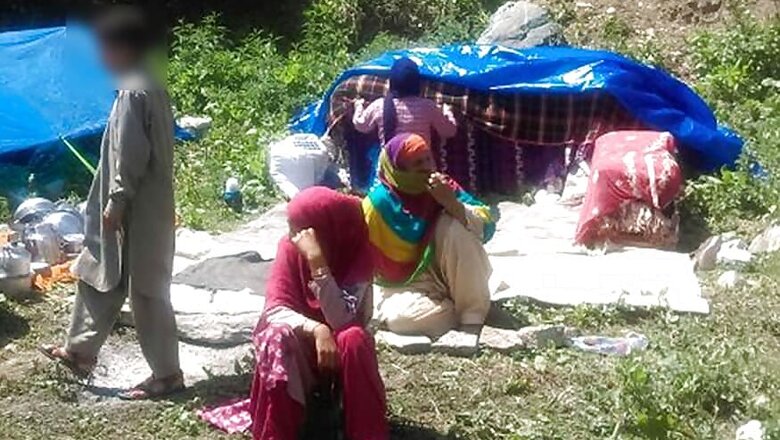
views
Sabeena and Yaquub walked hundreds of kilometre for over a month, starting from the peaks of Kargil down to the plains of Samba. They are around 45 km away from their home. But they haven’t been able to muster courage to walk this final stretch.
For a week now, they have been waiting outside Rasana. Waiting to return to the same place where they found the mutilated body of their eight-year-old daughter 10 months ago.
Their daughter, they found out, had been drugged and gang-raped for over a week and then murdered allegedly by seven people who wanted to drive out the Bakarwals from Jammu.
Sabeena and Yaquub are apprehensive about returning to their house in Rasana because they remember carrying their dead daughter from village to village in the hope of giving her a final resting place, but were turned away every time till they finally buried her some seven kilometres away.
And also because even before entering their village, they are being threatened and blamed for what happened to their own daughter.
“Some people spotted us here a few days ago and threatened to throw us out of the village if we entered it. They said that it is because of us that their people have been thrown in jail,” said Sabeena. She keeps looking around all the time in dread of something. “I am afraid to even fetch water from the nearby stream,” she adds.
The couple has not given up on the legal fight for their daughter, against all hardships. Yaquub had to sell a number of his flock to pay for expenses of travelling from Kargil, 530 km down to Pathankot, where a trial court is hearing the matter.
“I had to attend court three to four times. Each time I had to travel, I sold some of my sheep and goat to pay for the expenses,” Yaquub said.
In April this year, a crowdfunding exercise was carried out on a platform called CrowdNewsing to provide some monetary support for the family. Bilal Zaidi, founder of Crowdnewsing, told News18 that Rs 40 lakh were raised for the victims of Kathua and Unnao rape cases.
The money was subsequently equally distributed between the two families. He says that the Kathua family received an amount of Rs 18.46 lakh in a joint account on April 24.
"For most of the year, the families are travelling with their herd in remote forests of Jammu and Kashmir, so we understand that accessing banks would not be very convenient, but locals are helping them with the banking process. Since crowdfunding is a 100% digital and transparent process, it was a bank to bank transaction and offering cash was not an option," Zaidi said. He added, "A total of 1575 people had made a contribution to the Kathua and Unnao joint campaign, all of us now hope the victims get justice and live a dignified life."
Meanwhile, Yaquub says that he will sell all his property and will not hesitate. "I will fight this case till the end," he said.
Although, neither Yaquub nor Sabeena is sure what this “end” means. Sabeena said she would like the culprits to be “hanged”. Only that will bring “justice” to her daughter. But she fears for her life, if the accused are awarded capital punishment. “We all will be killed if those people are hanged.”
If they had a choice, Sabeena and Yaquub would never have returned. Before coming here, the couple spent time looking for a patch of land where they could restart life. But all such places were well beyond their reach.
The two are alone here, having left their children in the care of their relatives out of fear. “Those people did not show mercy on my small daughter. Would they leave alone my other children? The children themselves are afraid and asked us also not to go back.”
But they did come back, as they’ve come back after every tragedy that’s hit them one after the other.
In March 2012, a road accident took lives of four of its members – three very young children and Yaquub’s mother.
But, for the couple, there was something to look forward to at the end of this tragedy. It was a six-month-old girl, who was given to Yaquub by his sister as she couldn't bear to see her brother in trauma.
“I was inconsolable. I would keep crying. My sister couldn’t bear seeing me in that state and gave me her six-month-old daughter,” says Yaqoob adding, “She was my most beloved among the children.”
When asked about her, he falls silent and after a few moments murmurs, “Uss key naal khailta [I used to play with her].”
Seeing her husband at the verge of tears, Sabeena breaks down. “She would have been jumping and running around him this time. She loved to play with sheep and goats, and would follow them throughout the day,” Sabeena says sobbing. “We had decided to put her in school the month she was killed.”
A thousand thoughts cross their minds. For one, they’re quickly running out of money.
The family says they have not received any sort of compensation. In April, Jammu and Kashmir State Legal Services Authority approved a compensation of Rs 2 lakh to be granted to the family. “We didn’t receive a single penny,” says Yaquub.
He has 200 goats and sheep, and 14 horses. In Rasana, he has got a small single-story house and nearly two acres of land. They had been living in that house for past many decades but for since the last few years they’ve been at the receiving end of harassment by some local villagers.
“They would often beat the Bakarwal boys. They would abuse us but we didn’t give these things much attention. We thought these things happen,” said Yaquub, adding that even to get access to drinking water, they have to rely on the villagers. “There is a well in village which is under their control. We are no longer allowed to get drinking water from there,” said Yaquub.
He said even if he tries to sell his house, he’s not sure if he’ll be able to find any buyer for it. “The majority community would want us to stay out of here. But I don’t think any Bakarwal would dare to buy our land and no one from the other community would buy it from me,” he said.
Yaquub and his wife have decided to stay put at their makeshift camp, 25 km away from their house, for two more weeks. “Perhaps someone will intervene and we will be allowed to live peacefully till the winter ends,” Yaquub said. At the end of the winter, Yaquub and his family will start their annual journey back to the mountains with their flock. For now, they continue to live in this purgatory of sorts.
(Names have been changed to protect their identities)
(The author is a Kashmir-based freelance journalist.)











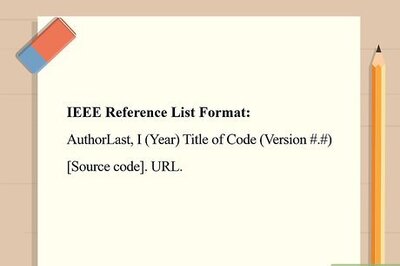
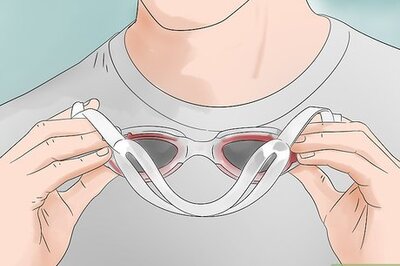



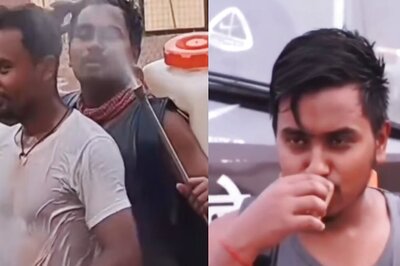
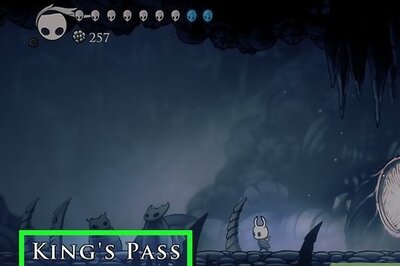
Comments
0 comment